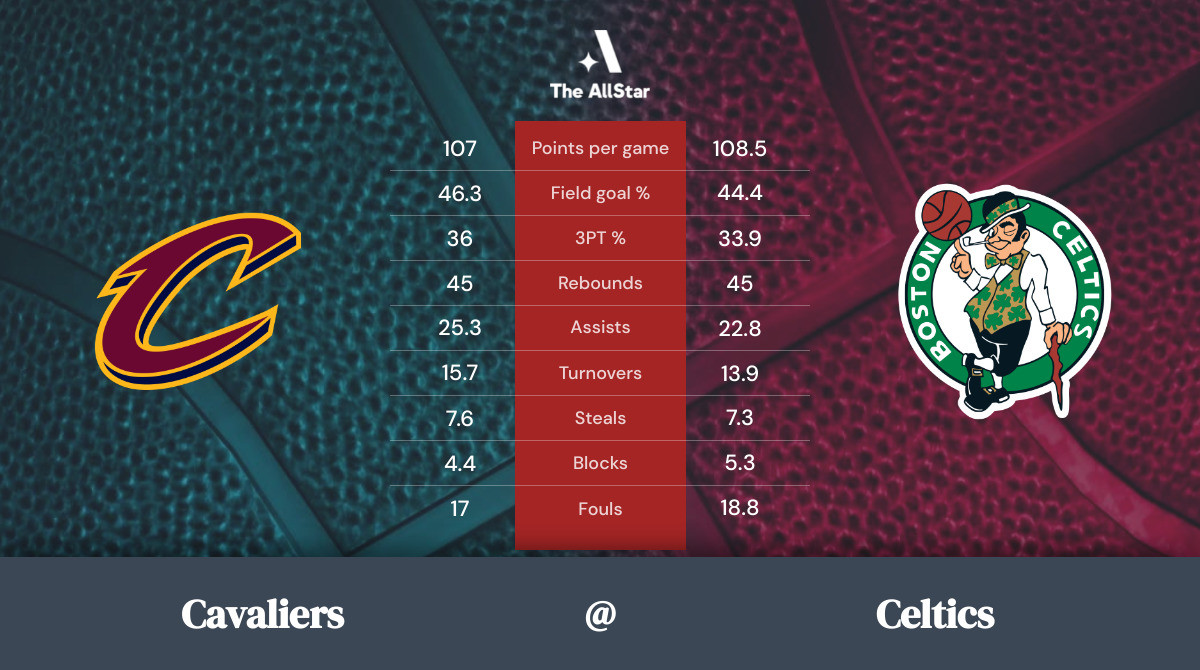Understanding The Crucial Role Of Middle Managers In Organizations

Table of Contents
The Bridge Between Leadership and Employees
Middle managers serve as a vital bridge, translating the strategic visions of upper management into actionable plans for their teams. This crucial role requires a unique blend of leadership, communication, and operational skills. They are responsible for ensuring that the overall company strategy effectively reaches and motivates individual contributors. This involves:
-
Translating complex strategies into achievable tasks: Middle managers break down large, overarching goals into smaller, manageable tasks that individual team members can understand and accomplish. This involves clarifying expectations, setting deadlines, and allocating resources effectively. They act as interpreters of the "big picture," making it relevant to daily operations.
-
Facilitating communication and feedback between upper management and frontline employees: They act as a two-way communication channel, conveying information from leadership to their teams and relaying feedback and concerns from the teams back to upper management. This open communication fosters transparency and prevents misunderstandings.
-
Championing company culture and values at the team level: Middle managers are responsible for embodying and promoting the company's culture and values within their teams. This involves leading by example and fostering a positive and productive work environment.
-
Identifying and addressing potential roadblocks to achieving strategic objectives: By being close to the day-to-day operations, middle managers are often the first to identify potential obstacles or inefficiencies that could hinder progress. They are crucial in finding creative solutions and implementing corrective actions.
Developing and Mentoring Teams
Effective middle managers are not just taskmasters; they are also mentors and developers of talent. They play a vital role in fostering employee growth, increasing skills, and boosting motivation. This crucial aspect of their role contributes to higher retention rates and a more engaged workforce. Key responsibilities include:
-
Providing regular performance feedback and coaching: Regular feedback sessions, both positive and constructive, are crucial for employee development. Middle managers offer guidance, support, and actionable steps for improvement.
-
Identifying training needs and facilitating professional development opportunities: They recognize individual skill gaps and actively seek out training programs or mentorship opportunities to help employees enhance their capabilities.
-
Delegating effectively and empowering team members: Effective delegation empowers team members, fostering a sense of ownership and responsibility. This also allows middle managers to focus on higher-level tasks.
-
Creating a positive and supportive work environment: A positive work environment fosters collaboration and boosts morale. Middle managers create a culture of respect, trust, and open communication.
-
Addressing conflict resolution and fostering team cohesion: Effective middle managers skillfully navigate conflicts, mediating disputes and fostering a collaborative team spirit.
Driving Operational Efficiency and Productivity
Middle managers are instrumental in optimizing workflows, managing resources, and driving overall productivity within their teams. Their ability to streamline processes and enhance efficiency directly contributes to the bottom line. This includes:
-
Implementing and monitoring key performance indicators (KPIs): They track progress towards goals, identify areas for improvement, and make data-driven decisions.
-
Identifying areas for process improvement and implementing changes: By closely observing team workflows, they identify bottlenecks and inefficiencies and implement solutions to improve processes.
-
Managing budgets and resources effectively: They are responsible for allocating resources wisely, ensuring cost-effectiveness and maximizing the utilization of available resources.
-
Ensuring adherence to company policies and procedures: Middle managers are responsible for ensuring that their teams follow company rules and regulations, maintaining consistency and compliance.
-
Optimizing workflow and resource allocation for maximum efficiency: They constantly seek ways to improve workflows, eliminate redundancies, and ensure that resources are used effectively.
The Importance of Effective Communication for Middle Managers
Effective communication is the bedrock of successful middle management. It's essential for all aspects of their role, from conveying strategic goals to addressing employee concerns. This includes:
-
Clearly communicating goals and expectations to team members: Ambiguity leads to inefficiencies and frustration. Clear communication ensures everyone is on the same page.
-
Actively listening to and addressing employee concerns: Creating an environment where employees feel heard and valued is vital for boosting morale and productivity.
-
Providing regular updates to upper management: Keeping leadership informed about team progress, challenges, and successes ensures alignment and proactive problem-solving.
-
Effectively communicating organizational changes and updates: Transparency during periods of change minimizes confusion and anxiety.
-
Using a variety of communication methods to reach diverse teams: Tailoring communication styles to the audience ensures the message is clearly understood and received.
Conclusion
In summary, middle managers play a pivotal role in bridging the gap between leadership and employees, fostering team development, and driving operational efficiency. Their impact on organizational success cannot be overstated. Effective middle management is the cornerstone of a thriving organization, contributing significantly to employee satisfaction and overall productivity. Invest in your middle managers today and unlock the full potential of your organization. Provide them with the training, resources, and support they need to excel, and watch your company flourish as a result. Effective middle management truly is the key to sustainable organizational success.

Featured Posts
-
 E Bay Listings For Banned Chemicals Section 230 Protection Challenged
Apr 25, 2025
E Bay Listings For Banned Chemicals Section 230 Protection Challenged
Apr 25, 2025 -
 Analyzing The Fiscal Impact Of Election Promises Deficit Projections And Economic Slowdown Concerns
Apr 25, 2025
Analyzing The Fiscal Impact Of Election Promises Deficit Projections And Economic Slowdown Concerns
Apr 25, 2025 -
 Understanding You Tubes Ecosystem A Comprehensive Guide
Apr 25, 2025
Understanding You Tubes Ecosystem A Comprehensive Guide
Apr 25, 2025 -
 Ridley Scotts Apple Tv Series 5 Reasons The Reviews Generate Excitement
Apr 25, 2025
Ridley Scotts Apple Tv Series 5 Reasons The Reviews Generate Excitement
Apr 25, 2025 -
 Wga And Sag Aftra Strike A Complete Shutdown Of Hollywood
Apr 25, 2025
Wga And Sag Aftra Strike A Complete Shutdown Of Hollywood
Apr 25, 2025
Latest Posts
-
 Nba Playoffs Cavaliers Vs Heat Game 2 Where To Watch And Stream
Apr 30, 2025
Nba Playoffs Cavaliers Vs Heat Game 2 Where To Watch And Stream
Apr 30, 2025 -
 Celtics Vs Cavaliers Expert Nba Predictions And Betting Tips For Friday
Apr 30, 2025
Celtics Vs Cavaliers Expert Nba Predictions And Betting Tips For Friday
Apr 30, 2025 -
 Cavaliers Vs Heat Game 2 Live Stream Tv Schedule And Viewing Guide
Apr 30, 2025
Cavaliers Vs Heat Game 2 Live Stream Tv Schedule And Viewing Guide
Apr 30, 2025 -
 Friday Night Nba Celtics Vs Cavaliers Betting Preview And Picks
Apr 30, 2025
Friday Night Nba Celtics Vs Cavaliers Betting Preview And Picks
Apr 30, 2025 -
 How To Watch Cavaliers Vs Heat Game 2 Time Tv Channel And Free Live Stream Options
Apr 30, 2025
How To Watch Cavaliers Vs Heat Game 2 Time Tv Channel And Free Live Stream Options
Apr 30, 2025
